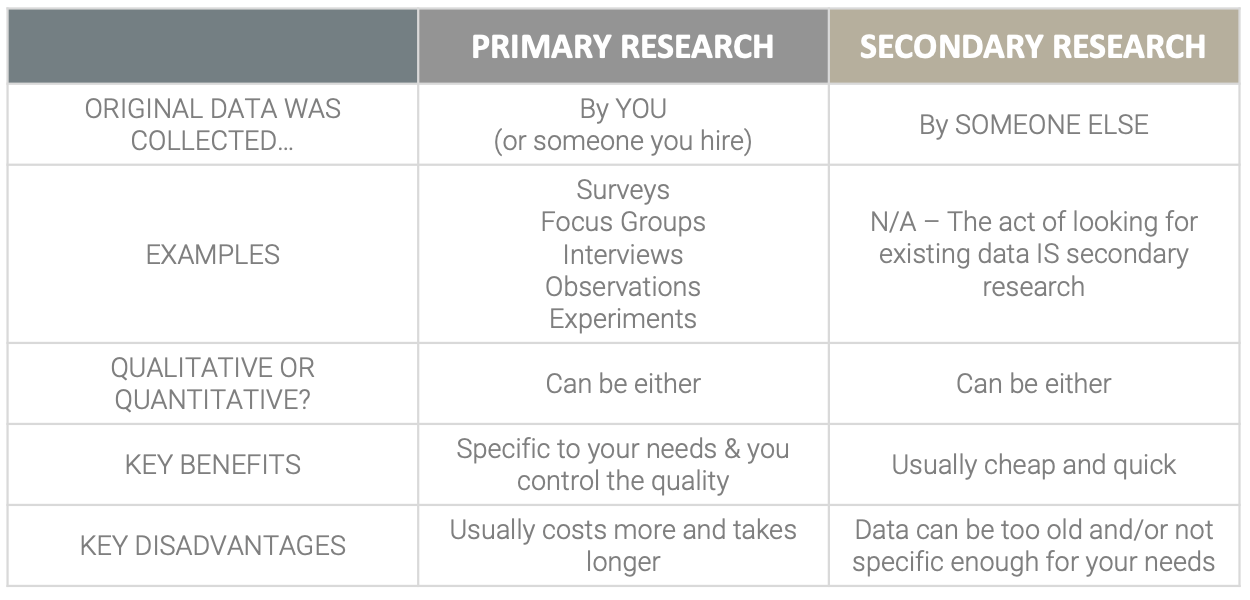Entry 23:
Reflection
Topic: Meaning on Words Over Time
Clue
Words often change their meaning over time, or words become "lost" as there are so many to choose from.So, clue once was used in terms of a ball of yarn. Now, it is referring to evidence or information to solve a crime or mystery.
Link to article I used:jack-the-ripper
How did we go from two entirely different definitions? Well, clue stems from the word 'clew', which meant a ball of thread/yarn. The whole origin stems from greek mythology (according to this article I am reading).
The article gives a whole story about the greek gods and gifts and more and then goes to tell a story and uses this poem called The Legend of Good Women.
Lines from poem:
By a clewe of twyn as he hath gon
The same weye he may returne a-non
ffolwynge alwey the thred as he hath come.
It then goes into explaining how this poem helps to change the meaning and the article says "By the 17th century, the universal reverence that later writers held towards Chaucer led to the figurative use of "clew of thread" as an expression for any guidance that would lead to a solution for a puzzle, problem or difficulty. It came to mean, quite literally, "that which points the way." (Jones,Richard).
I think it is really interesting to see how words change their meaning over time. I originally got this idea when I was listening to 50's-60's music and there is this song that uses the word "tramp" (The Lady is a Tramp by Buddy Greco - the version I hear) and the women he describes throughout the song does not follow societies rules, she makes her own. I think now, we would consider her to be independent. Now, tramp is used in several different ways. While they still have similar definitions... I guess, I wanted to see if other words were completely different!

